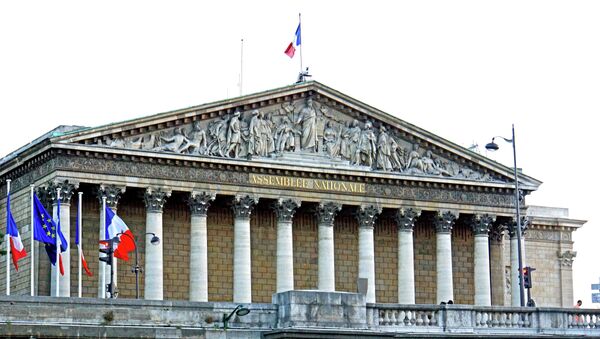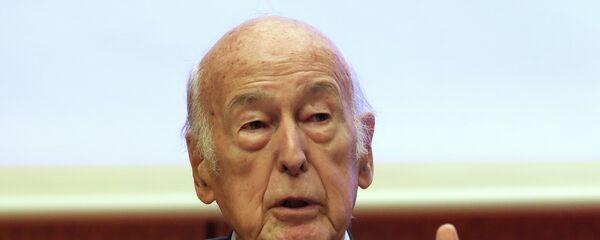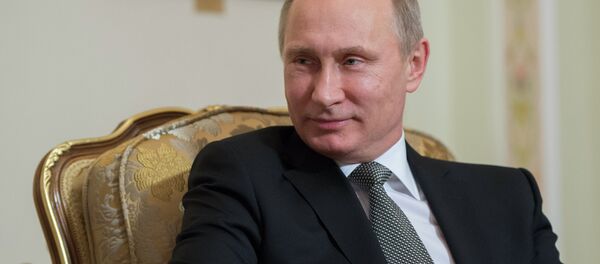In an article for the French web journal Boulevard Voltaire, Bonnal appealed to the realm of history, arguing that "wisdom has always argued in favor of a Franco-Russian friendship. Indeed, our rapprochement with the Anglo-Saxons, cultivated by the colonialists and the bourgeois elites in the nineteenth century, has brought defeats and humiliation for France."
Recalling that former president d'Estaing was personally invited in 2012 to mark the 200th anniversary of the Battle of Borodino, Bonnal cited the president's appeal on the occasion. D'Estaing noted that "France and Russia fought on the same side during the two world wars…We spent more time together than fighting one another, since France has almost always been a strategic partner of Russia."
In Bonnal's view, French society has fallen under the influence of anti-Russian propaganda, noting that it "is doubtless too much to ask of our politicians and their voters, who will stick to the customary anti-Czarist propaganda of our old media."
Michel concurred with Francois's point, noting that "thanks to the alliance with Russia we even created a dessert –the 'Francorusse'. But speaking seriously (more seriously, than President Francois Hollande and Foreign Minister Laurent Fabius), standing opposed to Russia is not in France's interests. It would be better to stand opposed to Obama!" William agreed, noting that "it is clear that France would have much to gain from a rapprochement with Russia than from vassalage to the US."
Chatellenaz continued on Chateaubriand's point about the influence of French culture and language on the Russian elite, noting that "the royal court spoke in French, and the children of noble families were educated by French tutors. If you go to Moscow, visit the Vvedenskoye Cemetery, where you will find their graves, next to the pilots of the Normandy-Neiman regiment. The great Russian writers (Pushkin, Turgenev, Dostoevsky) wrote as much in French as they did in Russian."



